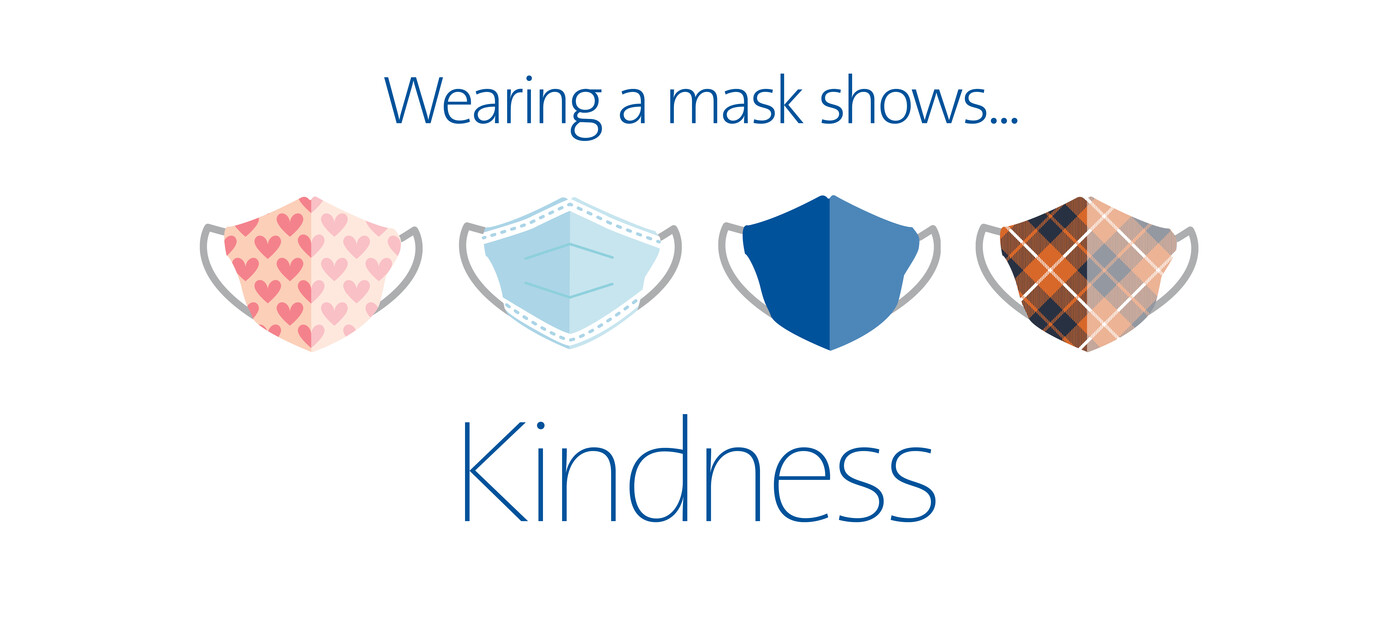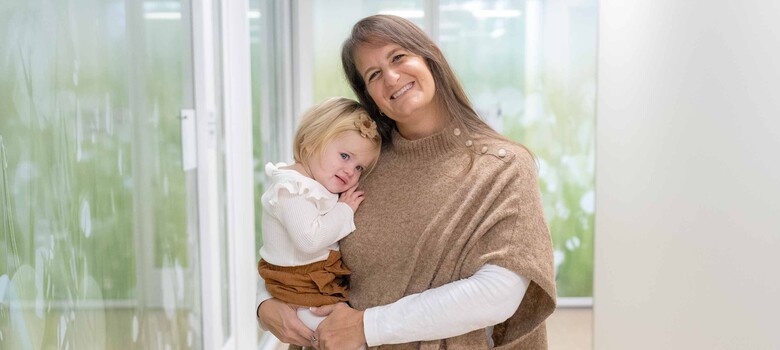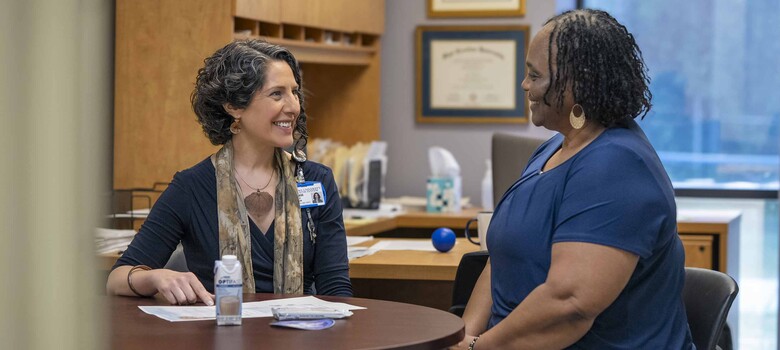 From the DukeHealth.org archives. Content may be out of date.
From the DukeHealth.org archives. Content may be out of date.
Wear a Face Mask to Protect Each Other

Consistently wearing a mask that covers your nose and mouth, washing your hands, and practicing physical distancing will help reduce the spread of COVID-19 in our community and save lives. Everyone at Duke Health is committed to wearing a mask to keep people who are near us safe. It is required at all Duke Health facilities. However, it is just as important that you wear a face mask when you leave home. “When all of us wear masks, we protect each other,” said Cameron Wolfe, MD, an infectious diseases specialist with Duke Health. Wearing a mask is not just about keeping ourselves safe, it’s about keeping everyone safe -- at work, in the community, and at home. Wearing a mask sends a visual signal that you understand the importance of physical distancing and following healthy behaviors.
Face Masks Slow the Spread of Virus
“The coronavirus is spread through respiratory droplets in the air or on surfaces,” Wolfe said. Wearing a face mask helps to prevent the virus from entering the air where it can be inhaled by others. “People who are infected may have no symptoms or mild symptoms that they mistake for a cold or allergies,” said Wolfe. If they sneeze, cough, clear their throats, or even speak, they can spread the virus to others. Masks trap the virus droplets in their fibers. When combined with physical distancing and frequent hand washing, face masks help prevent people from unknowingly spreading the virus.
When to Wear A Face Mask
Make it a habit to wear a face mask every time you leave home, and especially when you may come into contact with others. You never know when you will stop to talk to a neighbor or delivery person, or pass a jogger. Although you may think it is easy to keep six feet from others outside, it’s not always possible.
The Best Kind of Mask
The best mask is one you will wear properly. It should be comfortable and cover the nose and the chin without slipping. Whether it ties at the back of the head or loops over the ears with elastic is not important, as long as it stays in place. A mask that requires constant adjustment can be unsafe. If you are continually touching your face to keep your mask from slipping and your hands are contaminated, you can inadvertently expose yourself to the virus. Wearing a mask properly can act as a conscious reminder not to touch your eyes, nose, or mouth.
“A double layer of cotton will catch almost all respiratory droplets,” Wolfe said. Wearing a thick, heavy mask in the summer is not practical or necessary. Disposable masks are also an option, but they should be thrown away after use. Unless you are a front-line health care worker, you do not need an N95 mask -- a filtering face piece respirator.
Clean Your Mask Daily
A cloth mask should be washed and dried after each use. Because the virus cannot live for more than a week on cloth surfaces, an alternative is to make or buy seven masks -- one for each day of the week. Wash your hands before you take your mask off. Use the straps or elastic bands to remove it; then wash your hands again. This practice helps to guard against spreading contamination from your hands or the mask to your face.
Together We Can Make a Difference
“Wearing a mask is a way to show support for everyone else in our community,” Wolfe said. “Lead by example by wearing one. You want to be visibly someone who's respectful of others around you.” Together, we can make a difference and limit the spread of COVID-19.



